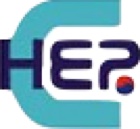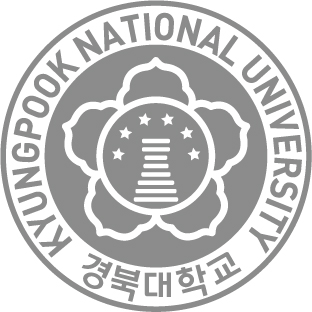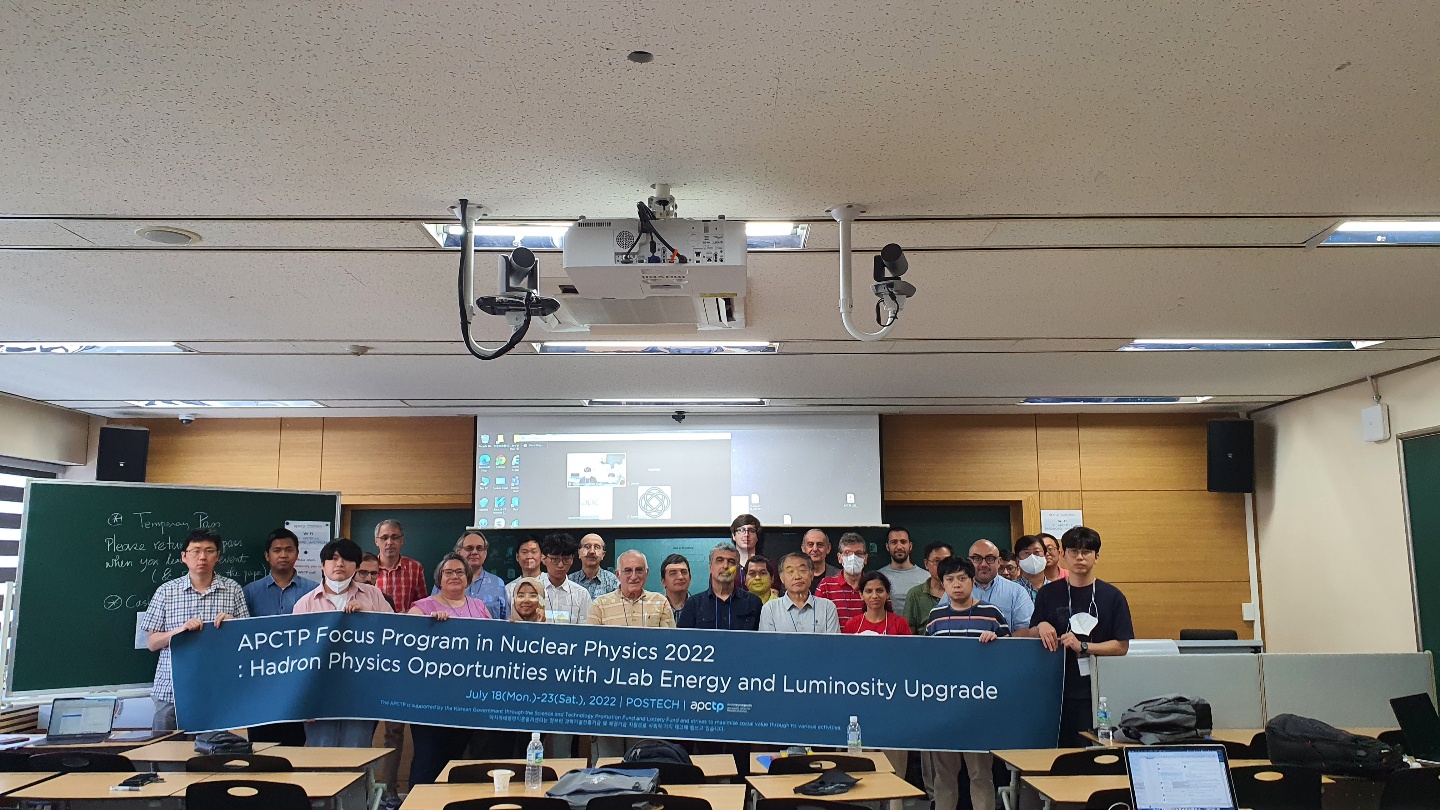The electroproduction of mesons and photons has been shown to be a powerful tool for studies of the interaction of elementary particles and their dynamics at short and long distances. In particular, studies of the orbital motion of partons encoded in transverse space and momentum distributions of partons, like Generalized Parton Distributions (GPDs) and Transverse Momentum Distributions (TMDs), have been widely recognized as key objectives of the JLab 12 GeV program. Studies of azimuthal distributions of hadrons and photons in exclusive and semi-inclusive DIS (SIDIS) provide access to variety of observables widely recognized as key objectives of the COMPASS measurements, various activities at RHIC and KEK, the LHC fixed target projects (LHC spin, SMOG2@LHCb) and a driving force behind the construction of the future Electron Ion Collider (EIC). Studies of the ground and excited nucleon state structure in terms of nucleon elastic form factors, PDFs, and the $N \to N^*$ (nucleon to nucleon resonances) transition electro-excitation amplitudes offer a unique complementary opportunity to explore the evolution of active components in the structure of the ground and excited state nucleons at distances where the transition from quark-gluon confinement to the perturbative QCD regime is expected and where the dominant part of hadron mass emerges. These studies are of particular importance to address key open problems of the Standard Model on emergence of hadron mass and quark-gluon confinement. The upgraded to 24 GeV JLab, with much wider kinematical coverage, in particular at large $Q^2$, will be crucial to extend all ongoing projects at JLab, in particular studies of the 3D structure of hadrons and hadronization, pin down interaction dependent parts, providing missing deeper access to quark-gluon dynamics and opening new opportunities on studies of the charm sector and significant improvement in secondary beam capabilities.
This is an in-person meeting. Online participation will be restrictive.
This meeting is for the invited only. The number of participants shall not exceed 40. We will cover the expenses for hotel rooms and all meals during the program for all participants. If you want to join us and give a talk, please contact the LOC.
Registration Deadline: 2022. 6. 25. (CHANGED!)
Call for Abstracts Deadline: 2022. 6. 25. (CHANGED!)
Accommodation
POSCO International Center
77, Cheongam-ro, Nam-gu, Pohang-si, Gyeongsangbuk-do 37673, Korea
Phone: 054-279-8500
FAX: 054-279-8519
This event will be held at the classroom 308 of the APCTP Building. Please see the maps below.
ZOOM Link
18, July https://us06web.zoom.us/j/84134826402?pwd=QTBQRHd3WGdvYW5EL0w0eWp0Nk5Qdz09
19, July https://us06web.zoom.us/j/85324678176?pwd=SnJIVGNlb0lITnpLSFZXRnZIS3ltQT09
20, July https://us06web.zoom.us/j/89572132823?pwd=Ny9pMklUVjVaQ1pRZUNtdlJZMHo1dz09
21, July https://us06web.zoom.us/j/84932801408?pwd=WkRDRytsMUttUjRjcG5XZFpTcm5mUT09
22, July https://us06web.zoom.us/j/85809989807?pwd=aGxuNDRHN1NyRzN6ZmttQkxtTWNhdz09
23, July https://us06web.zoom.us/j/88147361727?pwd=Mmdya2M3QWlmL0t0TUdxc1BNRW1Xdz09
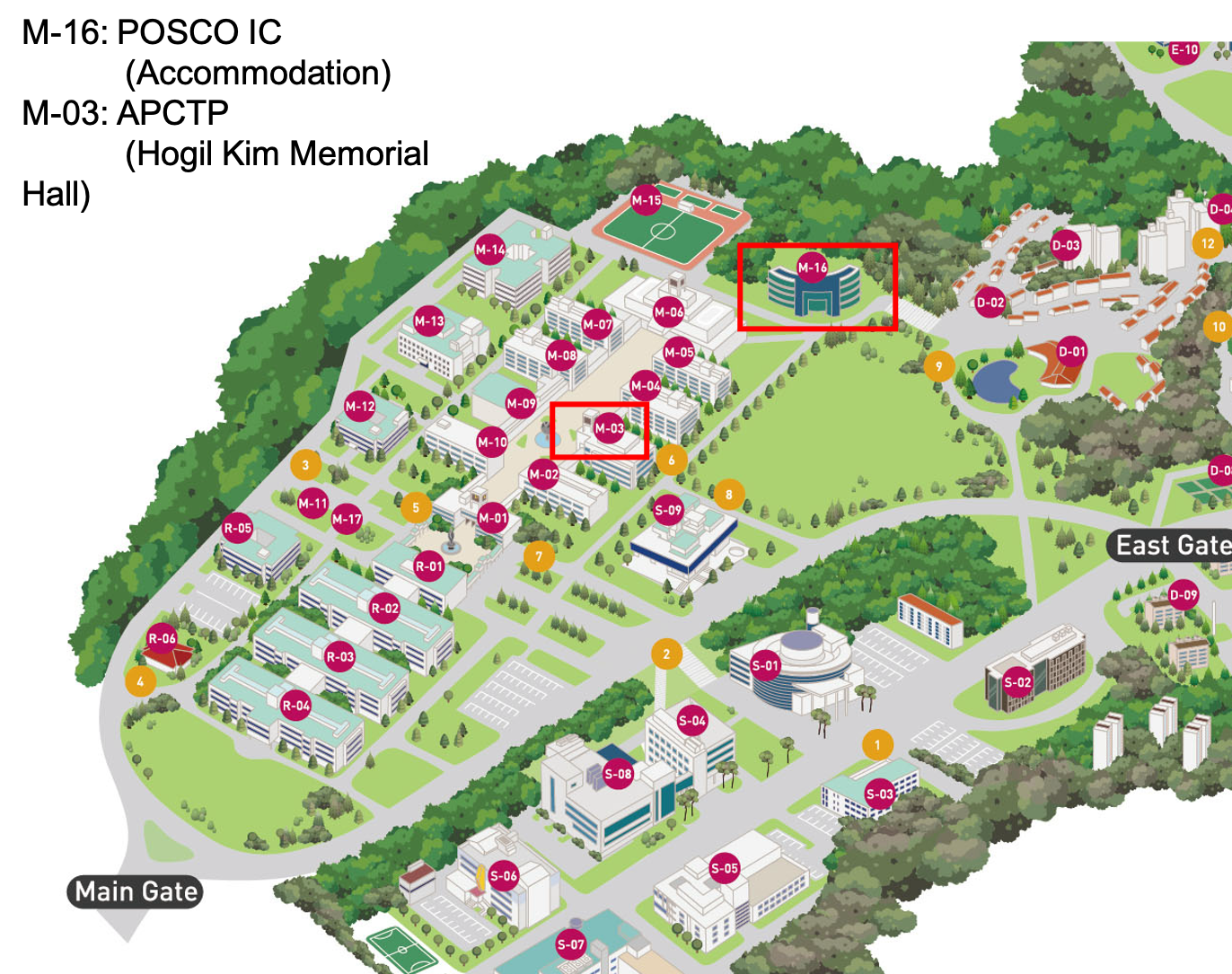
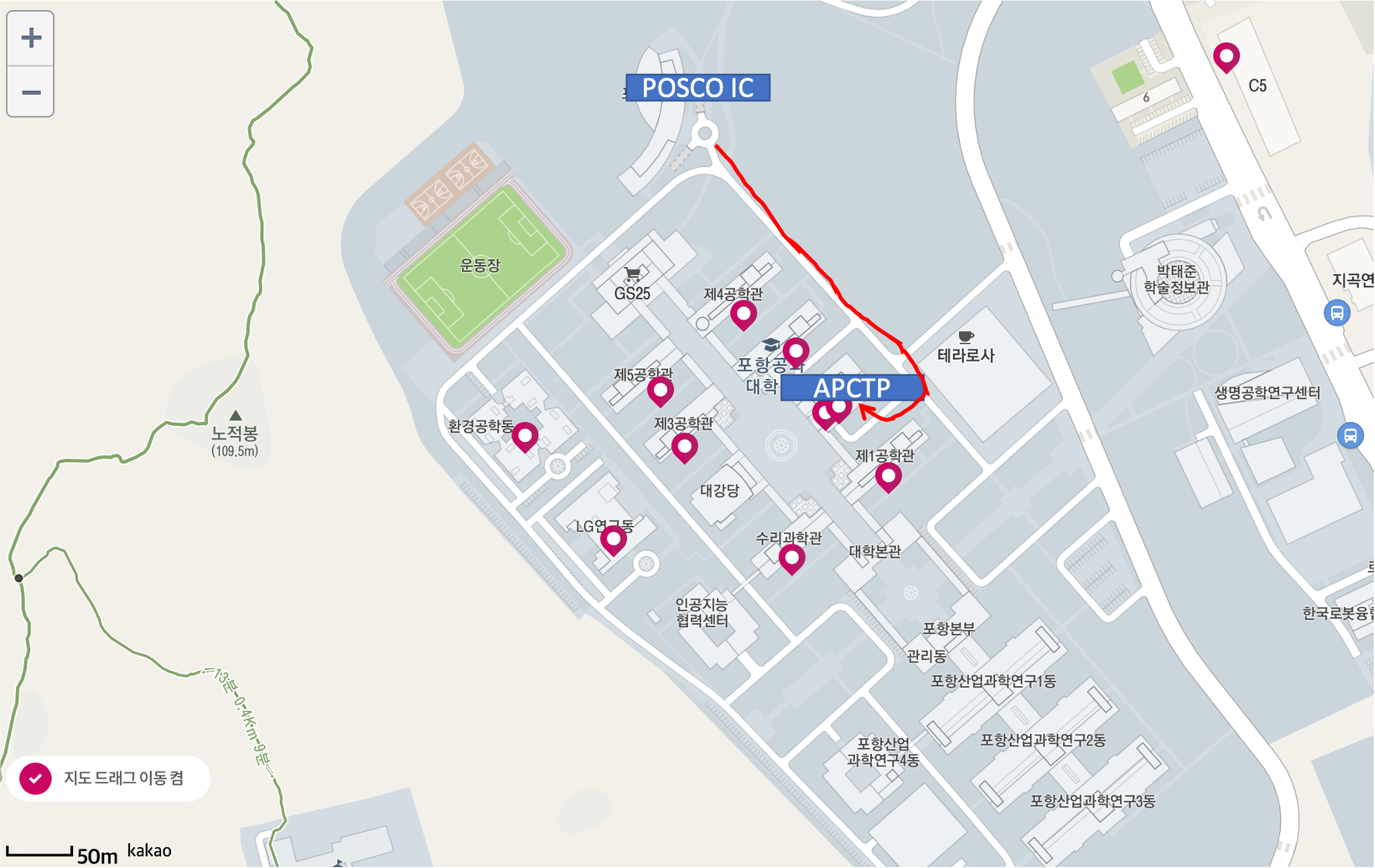
Before this Focus Program there will be APCTP Workshop from July 11 to 16, 2022, with the title of "Physics of Excited Hadrons in the Present and Future Facilities".
Please visit https://indico.knu.ac.kr/event/567/ for details.
Sponsors
Asia Pacific Center for Theoretical Physics

Center for High Energy Physics, Kyungpook National University
